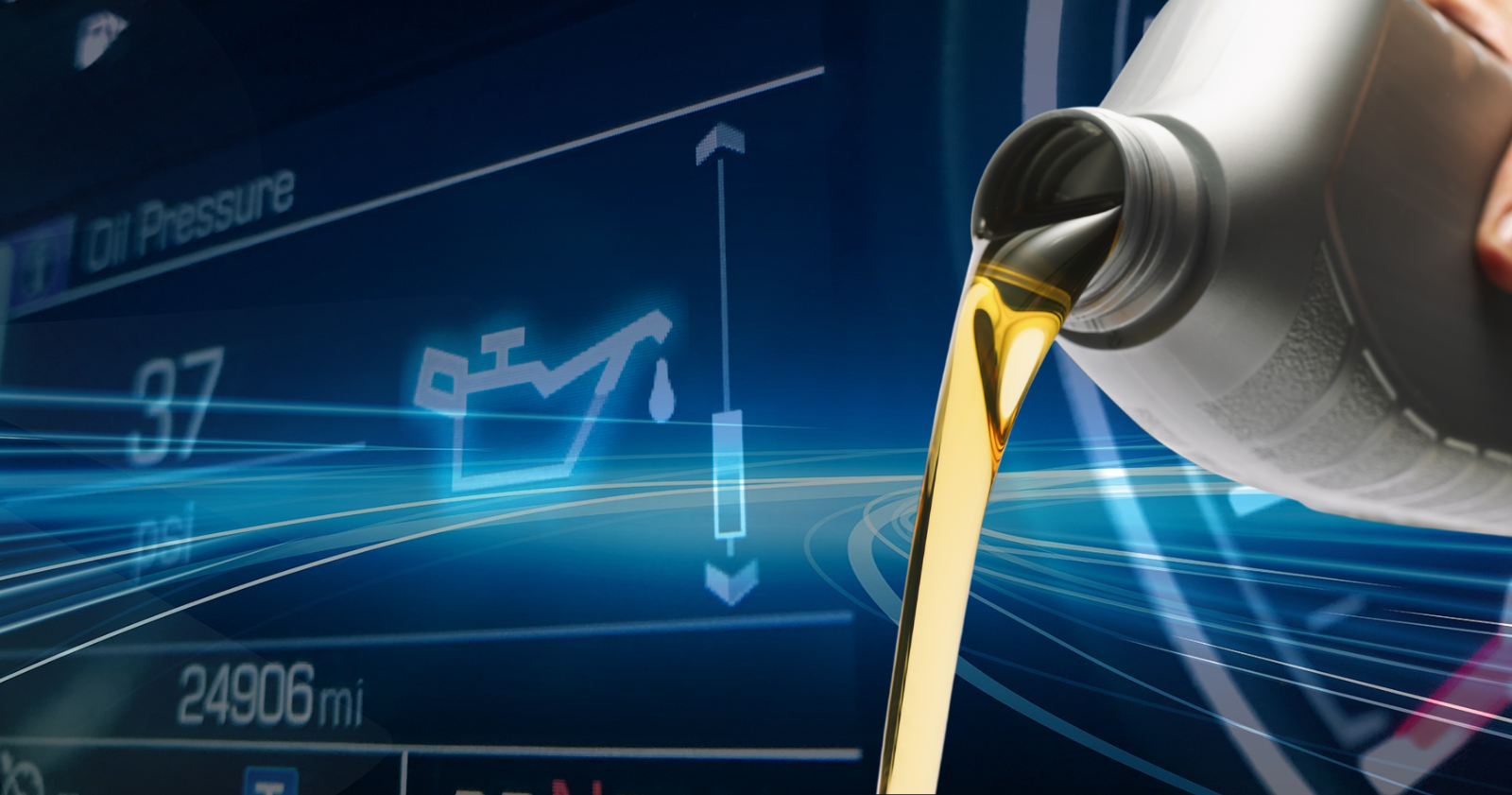Oil leaks can be caused by several factors, but technicians shouldn’t rush to remove the turbocharger in the event of a leak to diagnose a fault, says Product Manager, Tom Wright.
There can be a variety of reasons why a turbocharger may leak oil with the main factor being incorrect pressure within the compressor and turbine housings. “Before removing the turbo, technicians should check the location of the oil leak as different diagnoses can be given depending on which end the leak is located. Over 90 percent of turbocharger failures are consequential of other issues, so identifying the root cause before replacing a turbo is key.” says Wright.
When looking for causes of oil leaks at the compressor end of the turbocharger, a good place to start would be to inspect the air intake hose for damage, splits, leaks and incorrect fitment. At the turbine end, oil leaks can be caused by warped exhaust flanges, incorrect gaskets, or cracks in the turbine housing – something that is sometimes only visible when the turbo is hot.
If there is a kink, bend, or partial blockage in the oil return pipe, this will cause the oil pressure to build up in the bearing housing, resulting in leaks from both turbine and compressor ends.
It is worth noting that removal of intake or exhaust pipes to inspect the turbocharger for oil leaks will cause leaks to occur. In doing so, you inherently cause a pressure drop which allows oil to leak from the turbocharger.
To prevent oil leaks when fitting a turbocharger, technicians should ensure that the air systems and oil drain systems are clear from any blockages. They should always fit the correct oil gaskets for the turbocharger. They are also advised to not use silicone in an attempt to seal oil inlet and oil outlets. Silicone can become easily dislodged and can restrict or block oil passages as a result.
Technicians working on turbochargers should also check the vehicle’s exhaust system, including the diesel particulate filter and catalytic converter, to make sure no leaks or blockages are present.
Using the correct parts and high-quality equipment is crucial to successful turbocharger maintenance.
Melett is renowned for producing OE quality products to help the turbo aftermarket produce the highest quality repairs. All Melett turbochargers are built, balanced and flow tested in the UK to the strictest quality standards to ensure OE performance during operation.
To help identify common failures in warranty situations and to provide advice on how to prevent future failures occurring, check out our series of educational technical videos.



